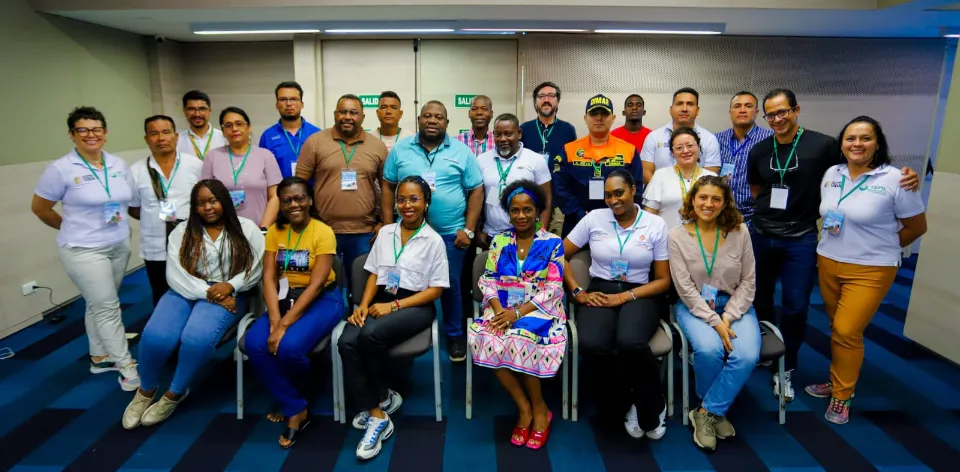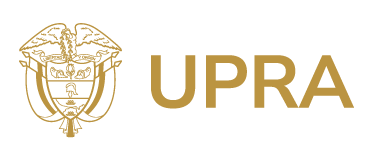PRESS ROOM
 2/5/2024
2/5/2024
Colombia is planning the countryside: Pacific region

We are moving forward, from Buenaventura, with national and territorial actors from the Pacific region in defining the national agricultural frontier and the marine-coastal and amphibian frontier, as well as the zoning of artisanal marine-coastal fishing and coconut.
Learn more about the event in the following video: https://www.youtube.com/watch?v=dYS1ije8cxA&ab_channel=UPRAColombia
Buenaventura, Valle del Cauca, (@UPRAColombia, @Claudialili76, @alexander_rodr_). From Buenaventura, we are building a country that looks at and values the land, rivers, coasts, sea, and ocean. Actors from the Pacific region articulated efforts and knowledge to conceptualize rural agricultural planning instruments based on territorial planning around water.
With the participation of representatives from the departments of Valle del Cauca, Cauca, Chocó, and more than 19 national and regional entities, such as the Ministry of Agriculture and Environment, the Institute of Marine and Coastal Research José Benito Vives de Andréis (Invemar), the National Authority for Aquaculture and Fisheries (Aunap), the General Maritime Directorate (Dimar), National Planning, the Autonomous Regional Corporation for Sustainable Development of Chocó (Codechocó), the Institute of Environmental Research of the Pacific (IIAP), autonomous corporations of Cauca and Valle del Cauca, led by the Rural Agricultural Planning Unit (UPRA), the Colombia Plans the Countryside workshop was held on April 30 in Buenaventura, a space for participation and collective construction aimed at sharing with different sectors and communities the instruments for rural agricultural planning and their harmonization.
Adriana Pérez, technical advisor of UPRA, explained: "Our purpose is to achieve coordination in joint decision-making by national and regional government entities, as well as other entities and sectors present in this area of the country, thus articulating actions and optimizing efforts in the territory. We are committed to the responsible and efficient use of land and water and the development of Colombian rural areas with a social and environmental focus, including marine-coastal and amphibian territories."
Likewise, "during the workshop, the definition of the national agricultural frontier and the marine-coastal and amphibian frontier was socialized, as well as the zoning of traditional artisanal marine-coastal and coconut fishing, at a scale of 1:100,000, to make Colombia a food pantry, protecting family, peasant, and community agriculture and ensuring planning around water," said Renato Baldovino, expert from the UPRA Soil Efficient Use and Land Adjustment Directorate.
Colombia has an agricultural frontier of 42,944,940 hectares, which corresponds to 37.6% of the national continental territory, and the Pacific region has an agricultural frontier of 3,295,165 hectares, corresponding to 25% of the region, representing the limit of rural land that separates areas where agricultural activities are developed from those that are excluded.
"At the workshop, we built strategies from the regions to strengthen the agricultural and fishing activities of the country, considering both artisanal and industrial practices, protecting communities and their traditions, and harmonizing environmental and social issues," concluded Juana de Dios Murillo Rivas, regional director of Aunap.
UPRA focuses its work on territories and communities, developed under the principles of strengthening the fulfillment of the ecological and social function of property, ensuring planning around water, and promoting the productive potential of Colombian rural areas.
The Colombia Plans the Countryside workshop was held in the Caribbean and Pacific regions, based on construction from, for, and with the territories, with special recognition of water and soil as essential elements of life.

